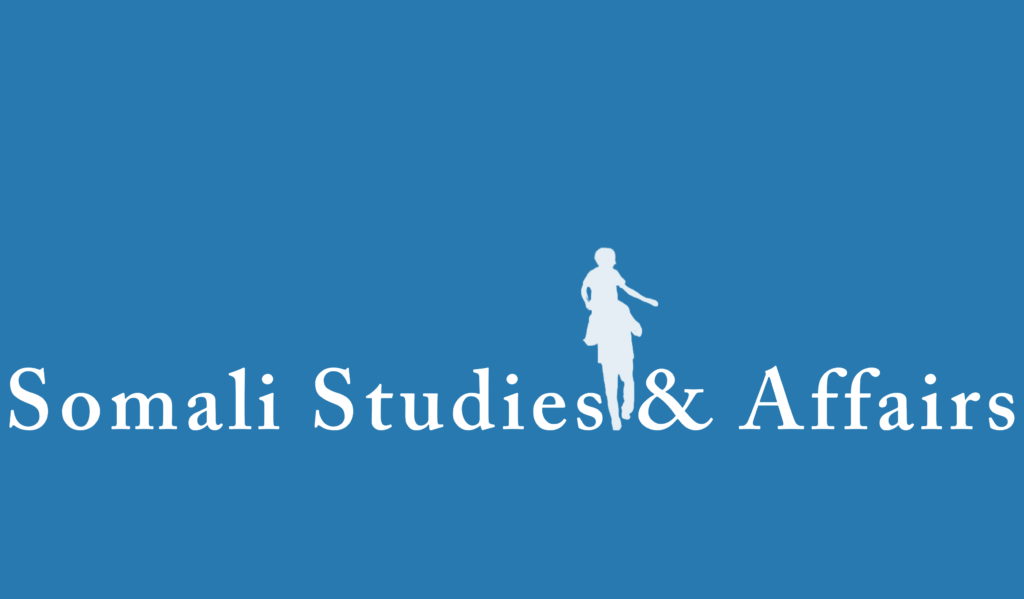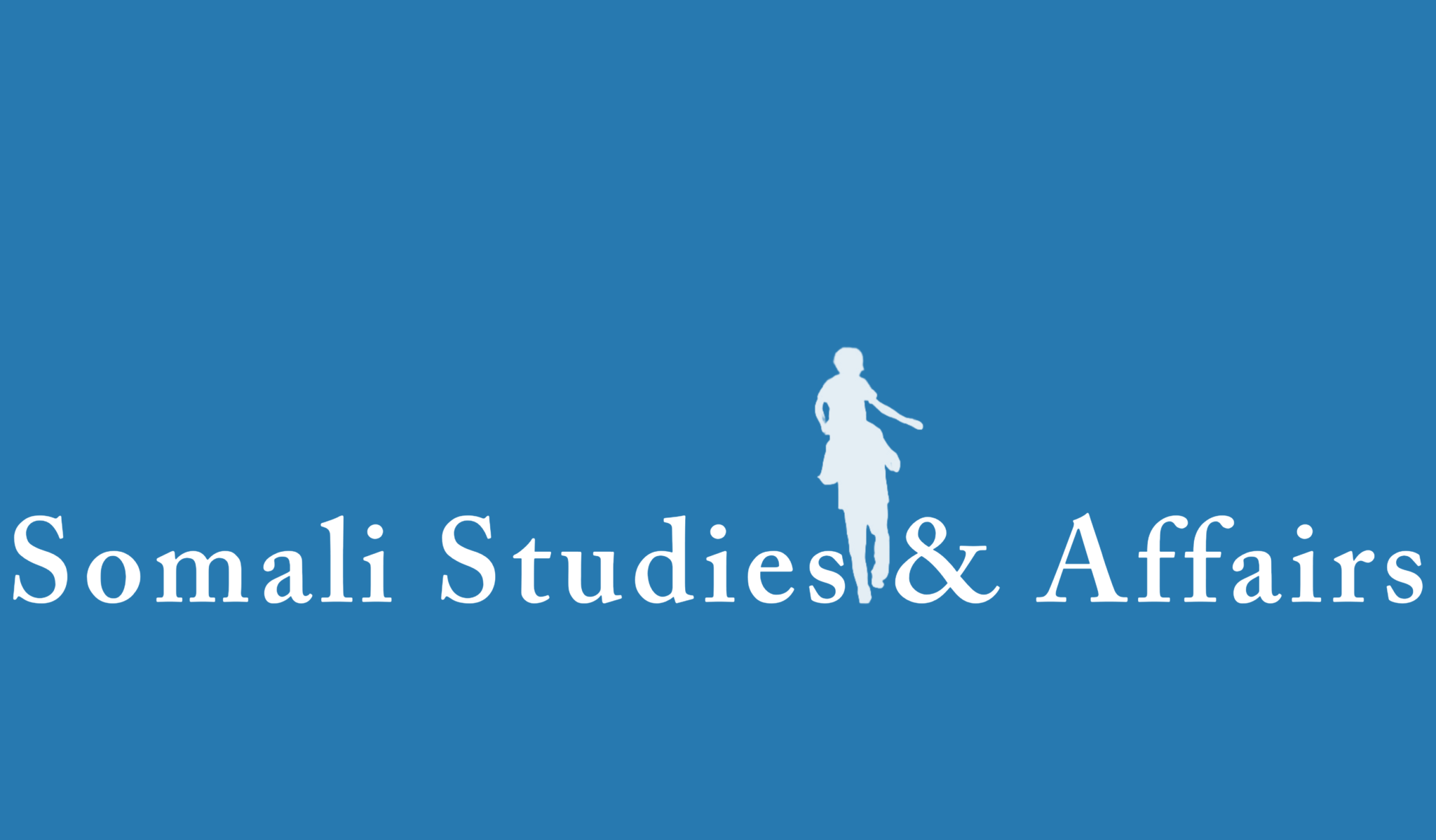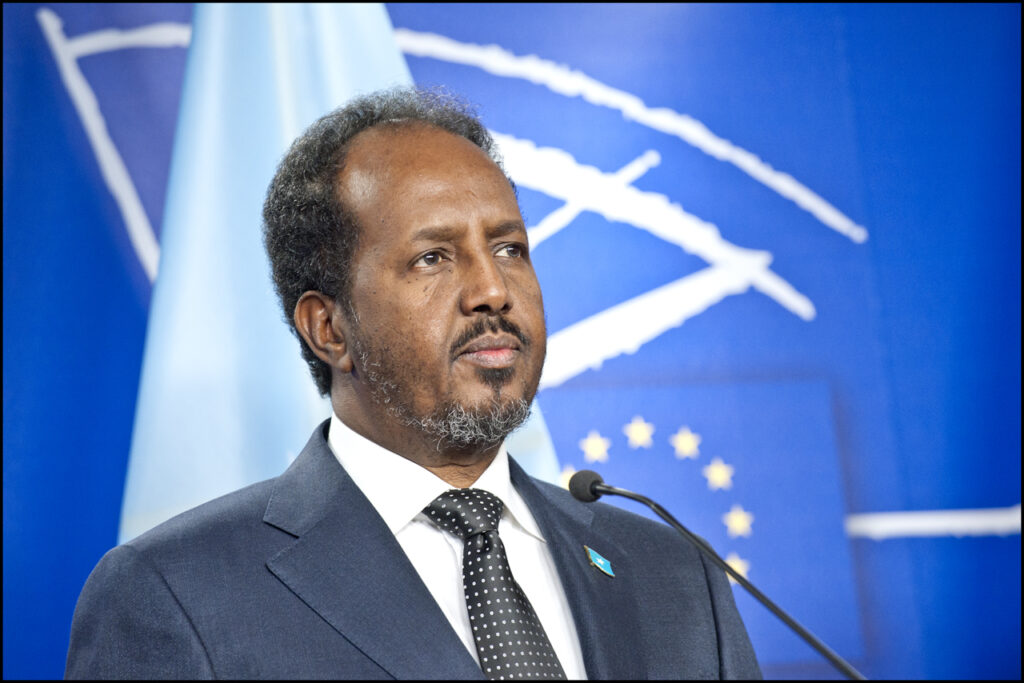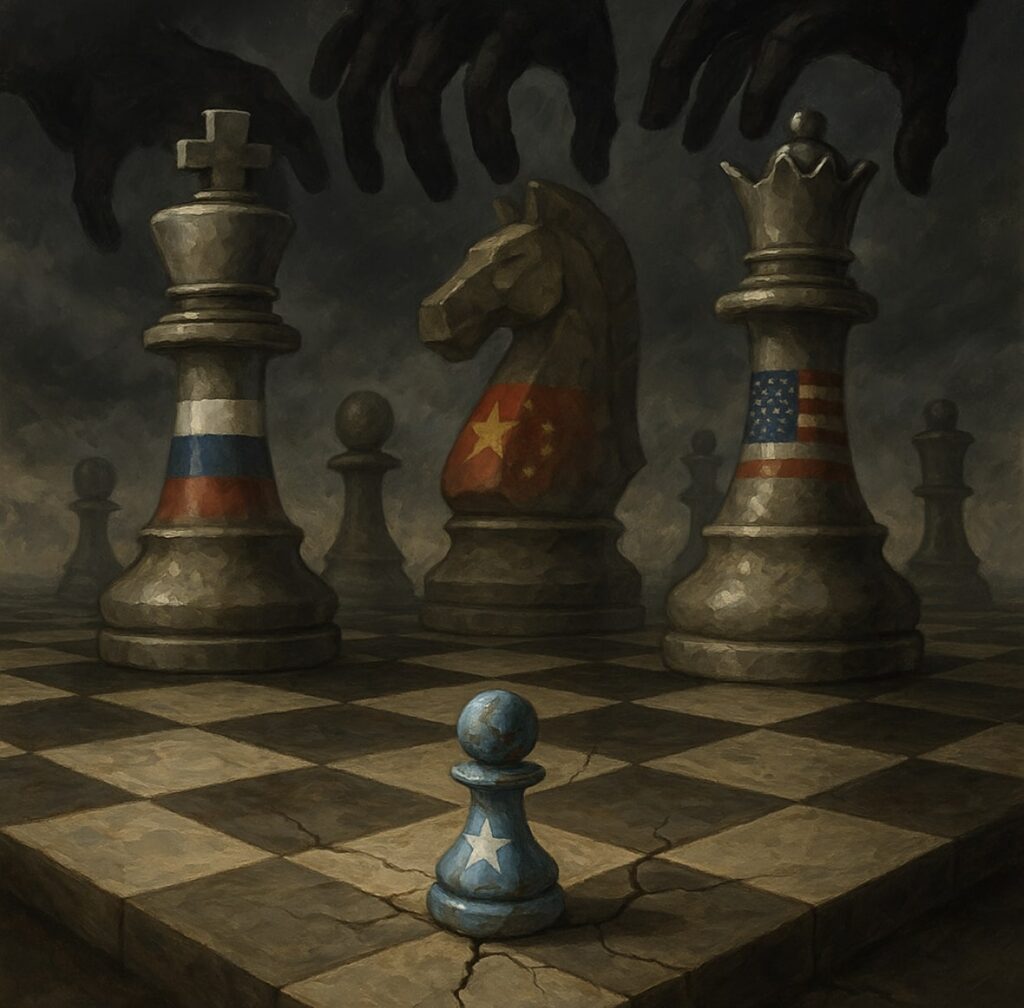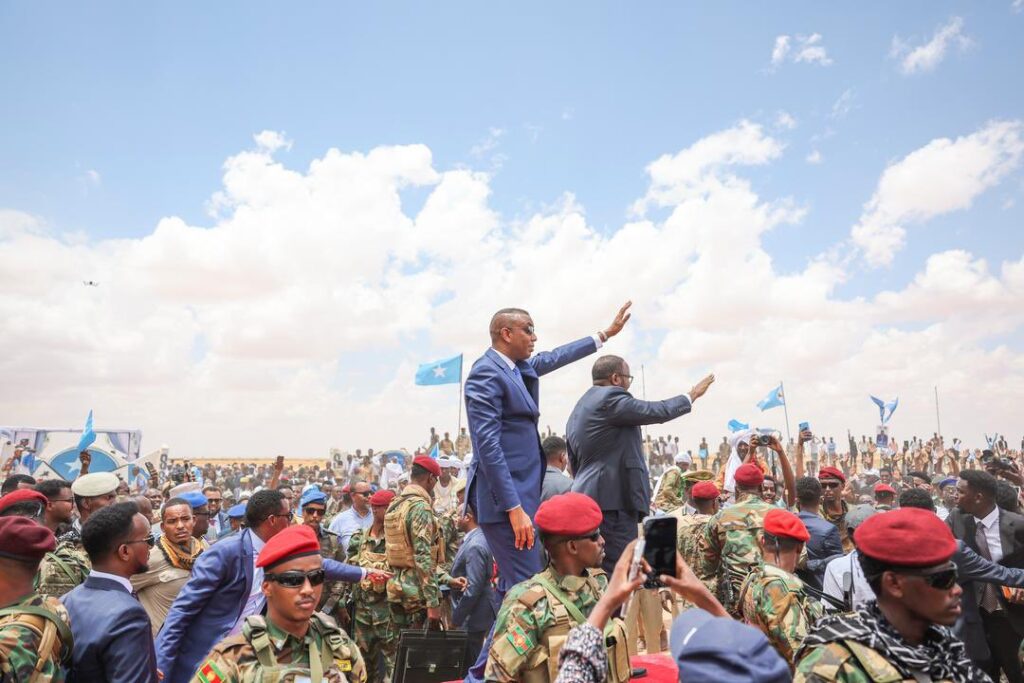Since assuming office on May 23, 2022, President Hassan Sheikh Mohamud has centralized power in ways that have weakened Somalia’s institutions, threatening the nation’s fragile state-building process. Instead of strengthening the checks and balances vital for a democratic and functioning government, his leadership has made Somalia’s political system resemble a one-man show, eroding trust and accountability.
Under President Hassan Sheikh Mohamud, Somalia’s Parliament—a body that historically represents the strongest institutional power in the country—has become an extension of the presidency. Rather than fulfilling its constitutional role of holding the executive accountable, questioning the government’s agenda, and ensuring transparency, Parliament now seems more like an aid to the presidency than an independent institution. This dissolution of parliamentary power undermines Somalia’s democratic principles and leaves the government unchecked.
Similarly, the Prime Minister’s position, which should serve as a balancing force in executive decision-making, has been rendered virtually meaningless. Instead of leading national efforts to address Somalia’s challenges, the Prime Minister’s actions seem more geared toward pleasing the president than prioritizing the nation’s progress. This dynamic has further consolidated power in the hands of the president, sidelining critical governance structures.
President Hassan Sheikh Mohamud’s foreign policy approach has been marked by a lack of clarity and strategic planning. Agreements that hold significant implications for Somalia’s sovereignty and long-term security are being signed without consultation with Parliament, advisors, or other public institutions.
One such example is the controversial sea and port agreement with Ethiopia, which was reportedly influenced by pressure from Turkey. The lack of transparency and consultation in this decision raises serious concerns. Such agreements could have profound security and economic impacts on Somalia’s future, yet they are made without involving key stakeholders, including regional states, civil society, and political parties.
Another critical issue is the president’s unilateral approach to constitutional reform. Instead of engaging with federal member states, political leaders, civil society, and the Somali public, the president has moved to alter the constitution without proper consultation. This approach not only alienates key stakeholders but also deepens divisions in a country already grappling with significant societal and political fragmentation.
The absence of a consultative process in constitutional matters creates the perception that the president seeks to consolidate power rather than build a system that fosters inclusivity and long-term stability.
President Hassan Sheikh Mohamud’s leadership has drawn comparisons to running a business where decisions are made unilaterally and dissenting voices are disregarded. However, governing a nation, especially one as complex as Somalia, requires collaboration, transparency, and the strengthening of institutions that can outlast any single leader.
The president’s style of governance risks exacerbating Somalia’s challenges rather than solving them. The lack of independent, functioning institutions undermines the country’s ability to tackle pressing issues such as terrorism, poverty, and infrastructure development.
For Somalia to achieve prosperity and stability, it must reject the notion of governance centered around one individual. Instead, the nation needs to focus on building robust, independent institutions that can operate without fear of executive overreach. Parliament must regain its role as a watchdog, ensuring that the presidency and ministers remain accountable.
Moreover, foreign policy decisions should be rooted in national interests and involve broad consultations with experts, public institutions, and representatives of the Somali people. The constitution, as the foundation of the country’s governance, must be reformed through an inclusive process that reflects the collective aspirations of Somalia’s diverse communities.
Somalia’s future cannot hinge on the whims of a single leader. A one-man show is unsustainable in a nation where millions depend on sound governance for survival and progress. President Hassan Sheikh Mohamud’s administration must shift its focus toward strengthening institutions, fostering inclusivity, and prioritizing the interests of the Somali people. Only by embracing democratic principles and transparent governance can Somalia hope to build a prosperous and secure future for all its citizens.
